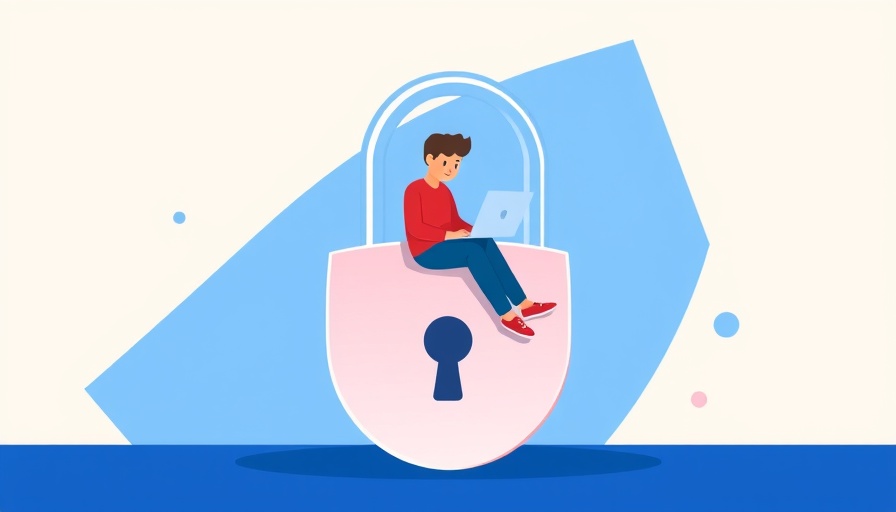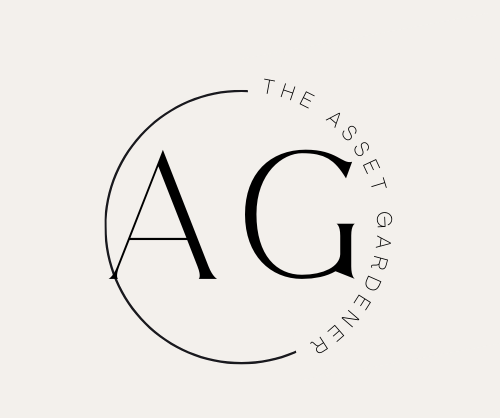
Why Your Domain Name Security Matters
In today’s digital marketplace, your domain name serves as more than just a web address; it’s your brand's identity and a gateway to potential customers. A compromised domain name can lead to devastating consequences, from lost revenue to irreparable damage to your brand reputation. Imagine waking up to find that your website has been hijacked, or worse, your trusted email communications have been redirected to a malicious server. These scenarios are not just hypotheticals—they are the harsh realities many have faced. Ensuring robust domain name security is indispensable for entrepreneurs, small business owners, and freelancers alike.
1. Choose a Reputable Domain Registrar
When it comes to safeguarding your domain, choosing the right registrar is paramount. Opt for a trusted registrar that prioritizes security and offers essential features to protect your assets. A well-regarded registrar not only helps you secure your domain but also provides additional protections against common threats.
2. Utilize Registrar Lock Features
After registering your domain, be sure to enable the registrar lock feature. This simple action prevents unauthorized transfers to another registrar and helps shield your domain from phishing attempts. Without a registrar lock, a transfer request could go through in just five days, underlining the necessity of this security measure.
3. Avoid Public WHOIS Information
Protecting your WHOIS information is another crucial aspect of domain security. Publicly accessible WHOIS records can expose your personal information and make you a target for hackers. Consider utilizing domain privacy services that allow you to keep your information confidential, reducing the risk of domain hijacking.
4. Regularly Update Your Registration Information
Keeping your registration information up-to-date is vital. If your email address or contact details are outdated, you risk losing access to your domain in case of a security incident. Regularly review your account settings and make necessary updates to stay protected.
5. Monitor Domain Expiration Dates
Lastly, set reminders for your domain's expiration date. Failing to renew your domain on time can lead to unfortunate situations where it can be acquired by someone else. Some registrars offer auto-renew options, which can be a simple way to ensure continuity.
Conclusion: Take Action to Protect Your Domain
In conclusion, domain name security is essential for safeguarding your online identity. By following these straightforward tips and implementing best practices, you can significantly reduce the chance of losing your domain name. Protecting what you’ve built is worth the effort. Take the necessary steps today to fortify your domain against potential threats, ensuring the longevity and reliability of your online presence.
 Add Row
Add Row  Add
Add 




 Add Row
Add Row  Add
Add 
Write A Comment